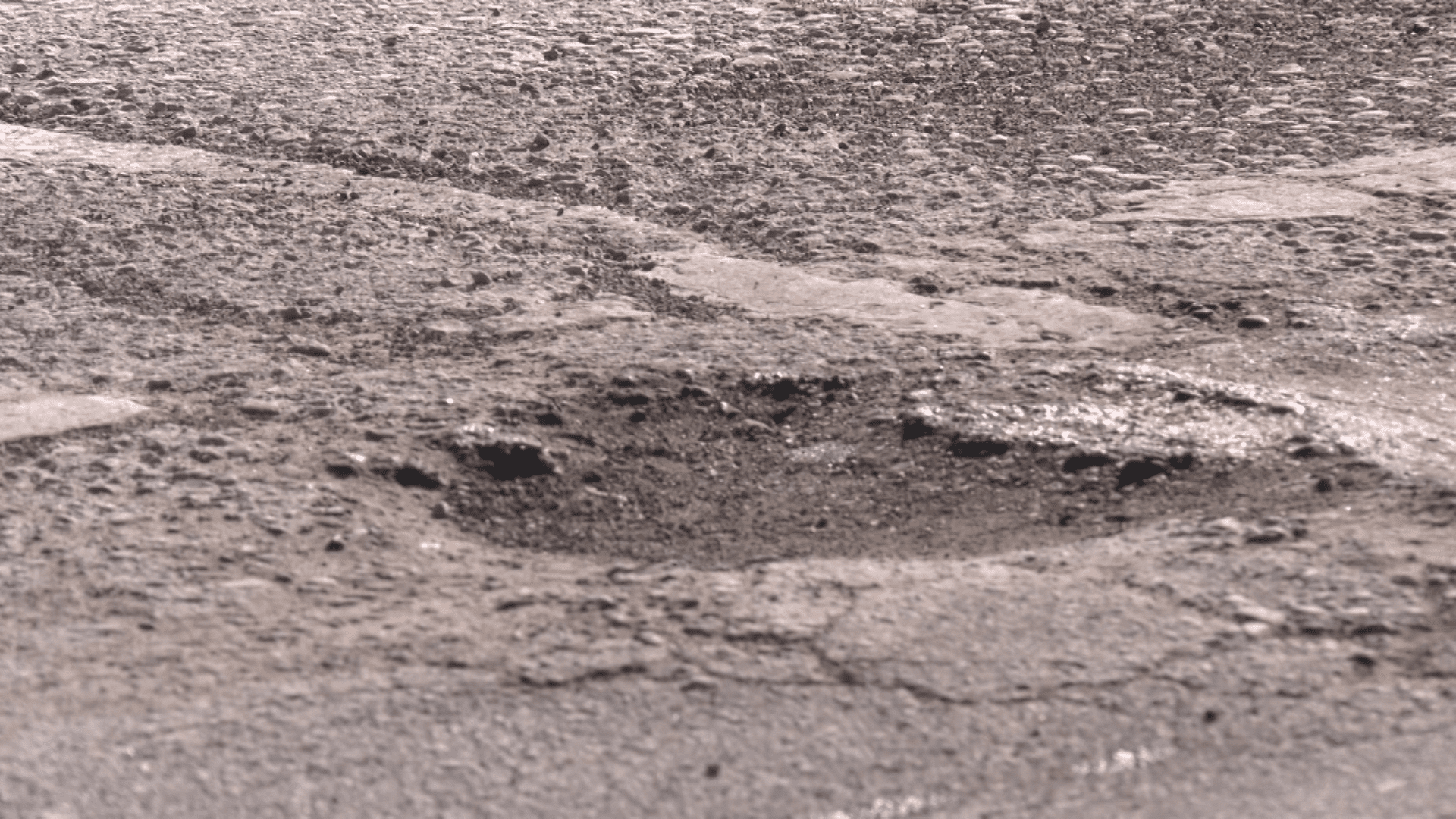The prices and problems with fixing pothole damages to cars
When it comes to fixing pothole damages to cars, it can get pretty pricey, especially if those damages go unnoticed. Trying to avoid the potholes this year, can also be really difficult throughout major roadways.
Tim Olsen, the owner of Tim’s auto care center, told me how this year has been difficult for drivers from the sheer size of the potholes. “This season, we’ve seen a lot of front end car parts damaged because of potholes. It wasn’t a good frost this year, so the holes got bigger after what frost there was.” Olsen said. “You can swerve, but you don’t want to swerve too much to hit something else. Just drive slower on bad roads.”
However, when it comes to the costs of getting parts for after pothole damages for a car, prices can vary on the part. Estimates ranging from $200 to more than $1,500. “But if it knocks the struts out or brakes the springs and struts, you know, it could be $1,200, tie rods could be $200-$300. Control arms could be $500-$600.” Olsen said. This year, we’ve seen that all the auto parts stores, prices have went up. If we try to get used parts from the junkyards, they have doubled their prices on used parts. It’s crazy on car repairs this time of year.”
Tim did have some advice on ways you can prevent too much pothole damages to your car, but also examining tires. “I’ve seen a lot of tires this time of year with bulges. So when they hit the pothole hard, the cords that loose on the tires and then they get big bulges on the side, if there’s a bulge that tires no longer usable.” Olsen said.
The City of Duluth did release a statement in regards to repairing potholes. “The City of Duluth’s Street Maintenance Division is using around 30 to 60 tons of cold mix asphalt (CMA) each week to patch potholes. Cold mix asphalt uses a blend of oils and additives that allows it to be stored and applied during cold temperatures. The product does not have the longevity or strength of hot mix asphalt (HMA). Cold mixed asphalt is approximately double the cost of hot mix asphalt. As a result, the City applies CMA to potholes more sparingly during the colder months of spring.”
The City currently has its crews out 4 to 5 days per week patching potholes, depending on weather. The city will continue to patch with CMA for four to six more weeks. However, they will switch to HMA when vendors can make their product available. The City also encourages drivers to slow down and remain attentive to avoid driving through potholes.
You can also report potholes in Duluth and Superior. WDIO’s Brandon Weatherz talks about how potholes are in a Weatherz School on how they form.
